Introduction
Kitchen towels are essential for wiping spills, drying dishes, and keeping surfaces clean. But over time, they can develop a stubborn, musty odour—even after washing. If you’ve ever wondered why your kitchen towels smell bad and how to eliminate the odour permanently, this guide will explain the causes and offer expert-backed solutions to keep your towels fresh and hygienic.
1. Why Do Kitchen Towels Develop Bad Odours?
Even freshly washed kitchen towels can sometimes have an unpleasant smell. Here’s why:
✅ Bacteria & Moisture Build-Up
Kitchen towels are constantly exposed to moisture, food particles, and grease. If they don’t dry properly between uses, bacteria and mildew grow, causing foul odours.
✅ Residue from Detergents & Fabric Softeners
Many detergents leave behind residue, especially if too much is used. Fabric softeners coat the fibres, reducing absorbency and trapping odour-causing bacteria.
✅ Infrequent Washing or Low-Temperature Washes
Towels need hot water to remove grease, bacteria, and food residues effectively. Washing at low temperatures or infrequent washing allows germs to multiply.
✅ Cross-Contamination in the Kitchen
Using the same towel for multiple tasks—like wiping raw meat juices and drying hands—spreads bacteria and odours.
2. How to Permanently Get Rid of Kitchen Towel Odours
Follow these expert tips to keep your kitchen towels fresh and odour-free:
1️⃣ Wash Towels in Hot Water (Above 60°C)
Hot water effectively kills bacteria and breaks down grease. Always check the care label, but most cotton towels can withstand higher temperatures.
2️⃣ Use White Vinegar & Baking Soda for a Deep Clean
- Wash with ½ cup white vinegar (instead of detergent) to break down odours.
- In the next wash, add ½ cup baking soda to remove residue and freshen fibres.
- Do this deep-cleaning method every 2-4 weeks.
3️⃣ Avoid Fabric Softeners & Excess Detergent
Fabric softeners reduce absorbency and trap odours. Instead, use a vinegar rinse to keep towels soft without residue.
4️⃣ Dry Towels Completely Between Uses
Never leave damp towels in a pile or draped over the sink. Instead:
✅ Hang them flat in a well-ventilated area.
✅ Use a heated towel rail or dryer if needed.
5️⃣ Wash Towels Separately from Other Laundry
Kitchen towels pick up grease, food particles, and bacteria. Washing them separately prevents contamination and ensures a deeper clean.
3. Preventative Tips to Keep Kitchen Towels Fresh
🔹 Rotate Towels Regularly: Keep multiple kitchen towels on hand and swap them daily to prevent odour build-up.
🔹 Use Different Towels for Different Tasks: Assign separate towels for hand drying, dish drying, and cleaning spills to avoid cross-contamination.
🔹 Sun-Dry When Possible: Sunlight naturally kills bacteria and removes lingering odours.
🔹 Replace Old Towels: No matter how well you maintain them, kitchen towels have a lifespan. If towels remain smelly or look worn out after washing, it’s time to replace them.
Conclusion: Fresh, Odour-Free Kitchen Towels—For Good!
Smelly kitchen towels are caused by bacteria, moisture, and detergent residue, but the good news is they can be freshened up with the right care routine. By washing in hot water, using vinegar and baking soda, and ensuring they dry properly, you can keep your kitchen towels odour-free and hygienic.
💡 Expert Tip: Adopt a towel rotation system and deep clean with vinegar monthly to keep your kitchen towels fresh for the long haul!







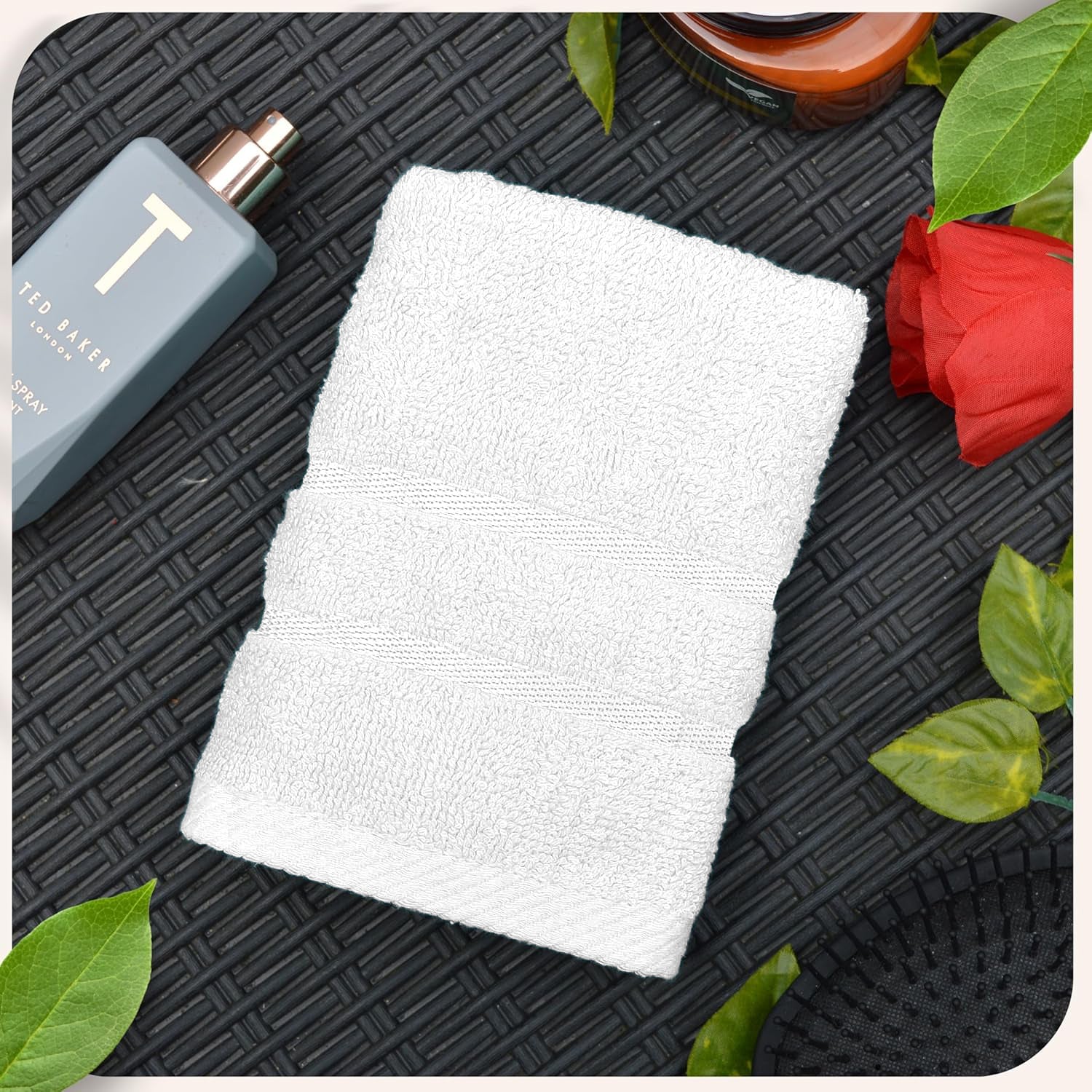

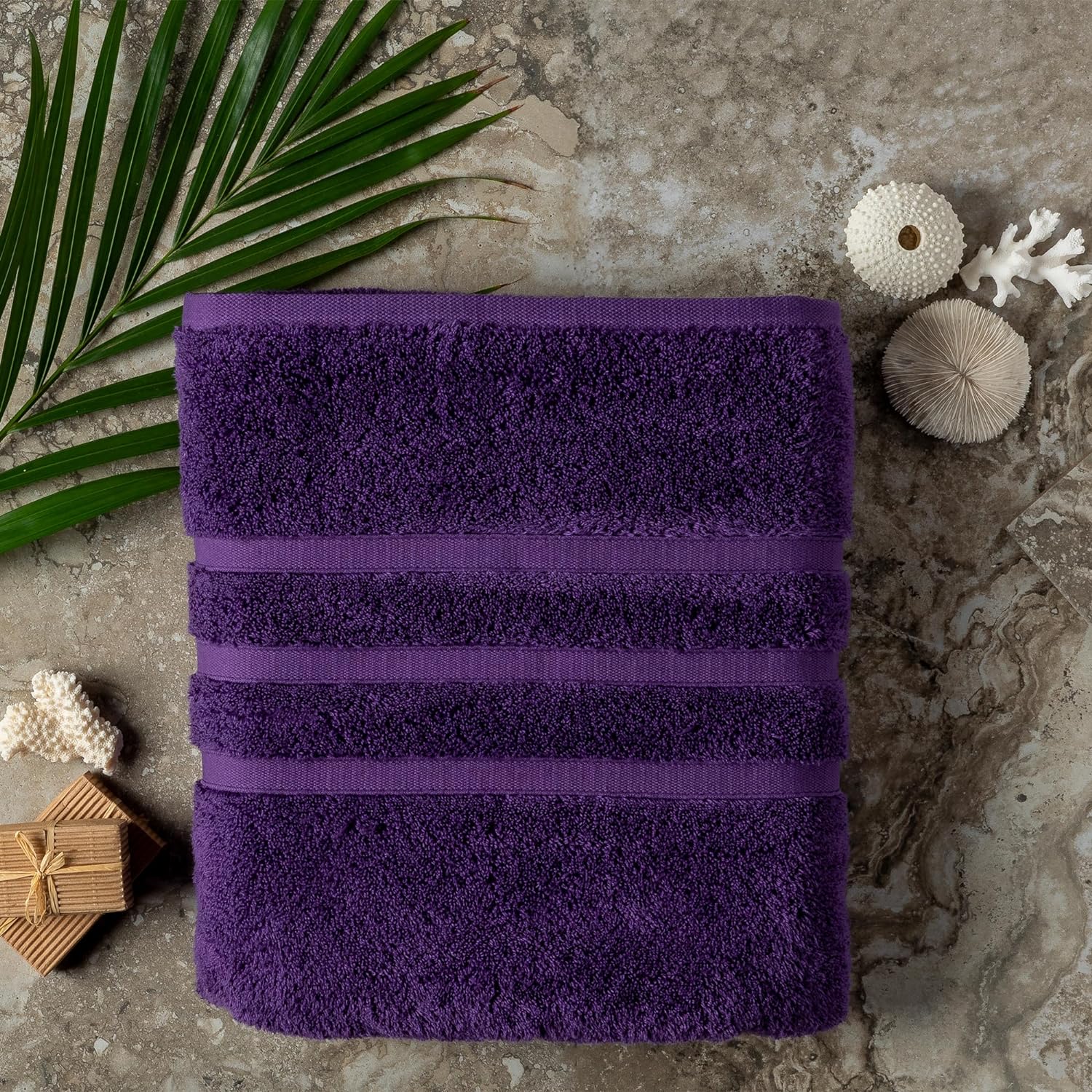

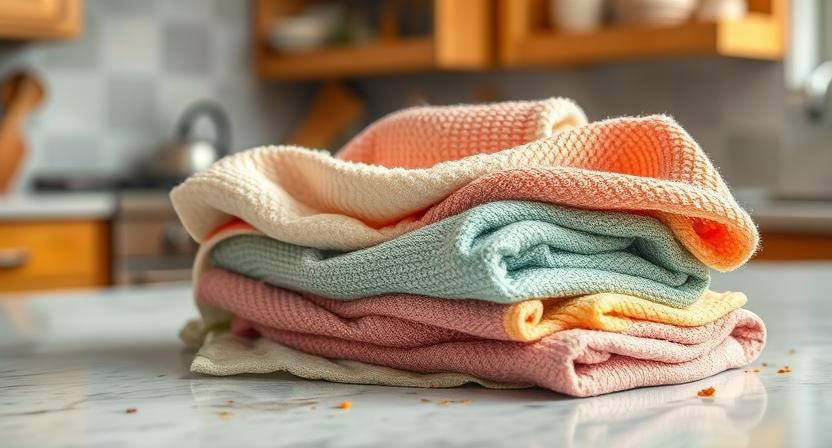
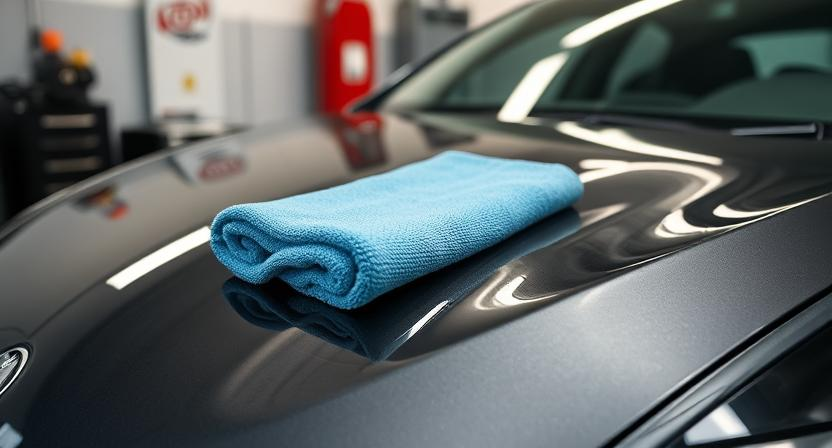
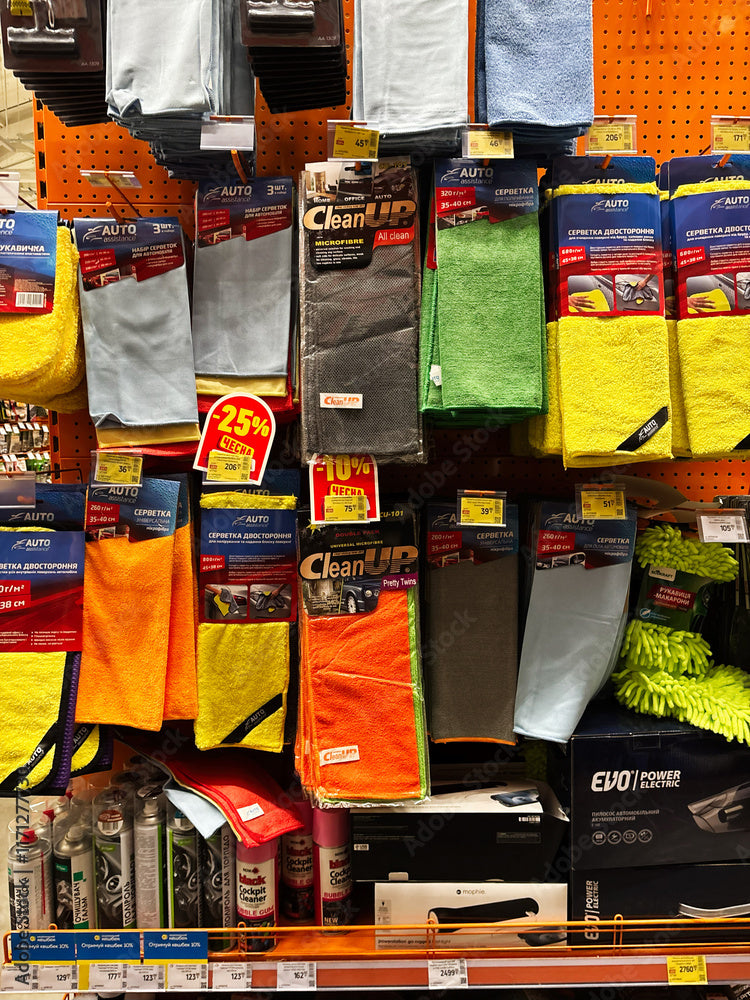
Leave a comment
This site is protected by hCaptcha and the hCaptcha Privacy Policy and Terms of Service apply.